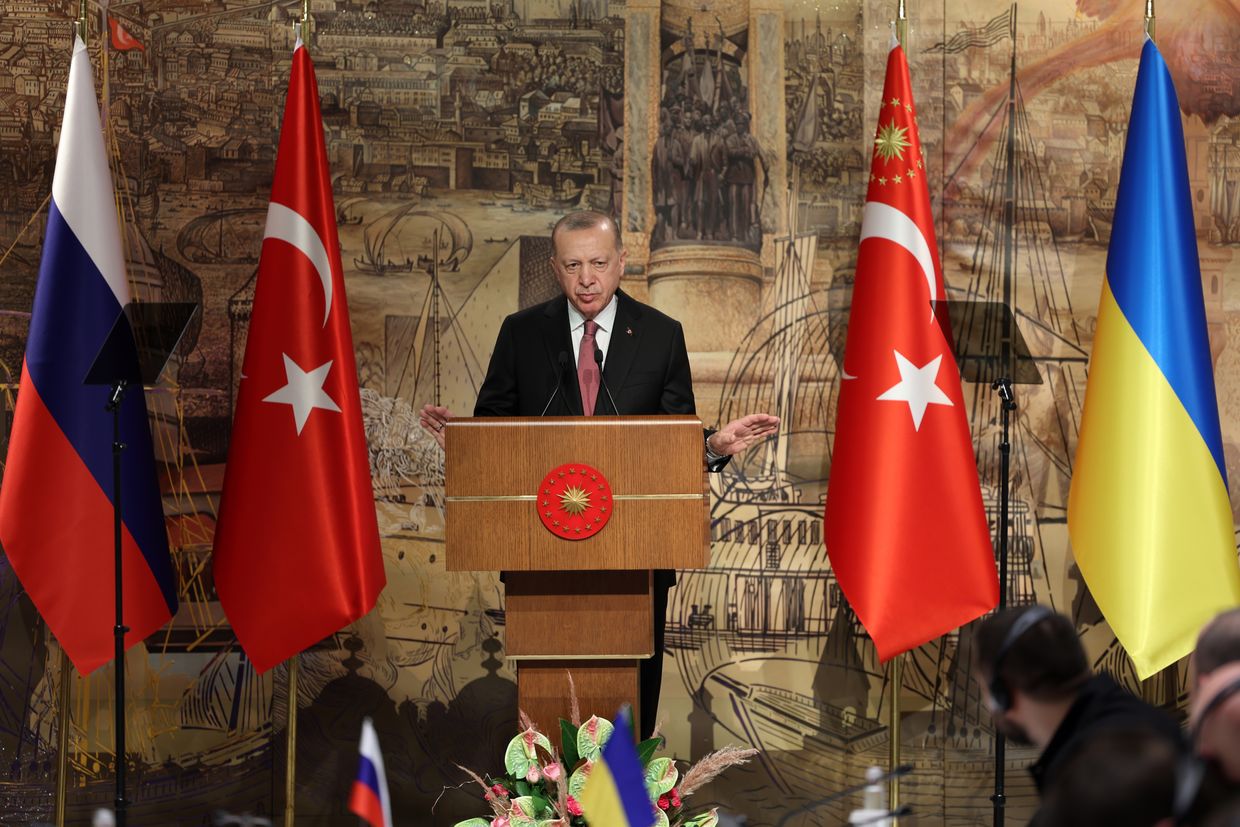EU's anti-fraud arm investigating possible rebranding of Russian oil to avoid sanctions, Politico reports

The European Union’s anti-fraud agency opened an investigation into the possible exporting of rebranded Russian oil via Turkey into the EU, Politico reported on Nov. 5, citing two undisclosed sources.
OLAF, an investigative body of the European Union, can recommend member states to take action or launch criminal investigations as a result of its own probings.
It is very likely that Turkish ports have been accepting and then sending rebranded Russian oil to the EU using a loophole in the sanctions, an earlier investigation by Politico showed.
Turkey has been long singled out as one of the main facilitators of circumventing sanctions imposed on Russia by the West over the invasion of Ukraine.
The European Union introduced a ban on importing Russian oil at the end of 2022 in its attempt to wean itself off Russian fossil fuels, granting temporary exceptions only for landlocked countries such as Hungary, Slovakia, and the Czech Republic.
Politico’s evidence includes matching spikes in Russian import and oil export in Turkish ports and analysts pointing out that Turkey simply rebrands the Russian oil it re-exports to the EU, giving the cargo a paper that testifies to its "non-sanctioned" origin.
According to Politico, this loophole generated up to 3 billion euros ($3.3 billion) in income for Moscow’s war chest in 2023 alone.
Turkey, a member of NATO, has been pursuing a standalone Russia policy since Russia’s full-scale invasion began, retaining a mediator role between Russia, Ukraine, and the West.
Turkish President Recep Tayyip Erdogan has publicly supported Ukrainian sovereignty. Turkey has provided arms to Ukraine and, together with the U.N., brokered the now-defunct Black Sea grain corridor agreement.











